Dell Buyout Deal Snapshot: 9 Things To Know
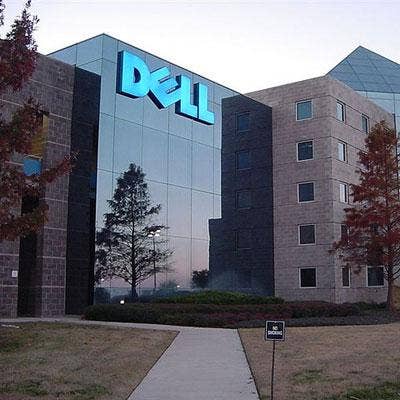
The Waiting Game Is Almost Over
Dell put Thursday's buyout vote on ice until Wednesday, but that doesn't mean the behind-the-scenes deal making and brinkmanship aren't getting hotter than a July heat wave. Over the past seven months, since the $24.4 billion deal was announced, there have a number of hard-to-follow twists and turn and data points to keep track of.
Here is a cheat sheet for keeping tabs on where things stand today and what's next in the run-up to this Wednesday's vote at 5 p.m. CDT.

The Pros And Cons Of A Delayed Vote
A postponement of the shareholder vote is bad sign for anyone in favor of Michael Dell's leveraged buyout plan to take his company private. Experts say it's a desperate move designed to buy Michael Dell more time to argue the advantages of going private with shareholders and analysts.
Some investors believe Michael Dell may use the extra time to sweeten his leveraged buyout deal and up his $13.65 per share offer. News reports citing people close to the deal say Michael Dell won't likely increase his existing offer.

Dell Advice To Channel Partners
Dell, which has been trying to conduct business with a semblance of normalcy, reached out to channel partners Thursday assuring them no matter what, everything will be okay. Greg Davis (pictured), Dell's vice president and general manager of global channels, sent out a brief email to partners stating:
"During the pendency of the transaction, we maintain an unwavering focus on our customers and our commitment to provide you our channel partners with a superior experience and the products and solutions to drive your business."
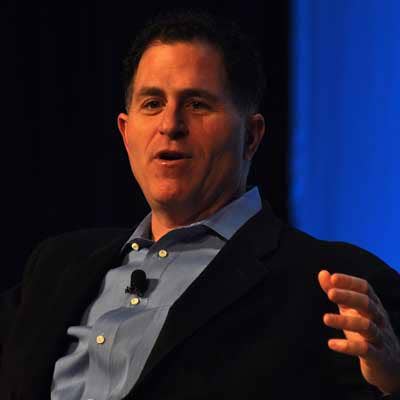
Michael Dell Deal
Michael Dell and private-equity firm Silver Lakes want to buy back $24.4 billion in publicly owned stock, at $13.65 a share, and take the Round Rock, Texas-based company private. Michael Dell says a private Dell wouldn't be hamstrung by Wall Street and would allow him to diversify his company away from commodity PC sales to one that delivered business and software services.
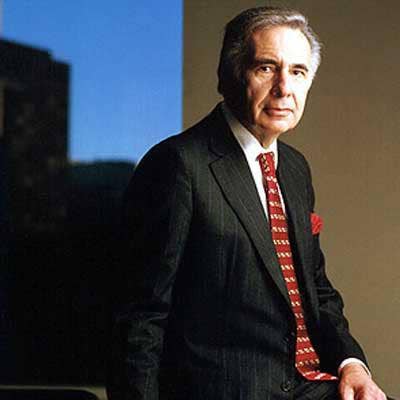
Carl Icahn Plan
Carl Icahn and Southeastern Asset Management are proposing to buyback 1.1 billion shares at $14 each. They sweetened the deal earlier this week to add warrants, allowing existing shareholders to buy one additional share of Dell at $20 each for every existing four shares they owned within seven years of his buyout. Icahn said that ups the value of his offer up to $15 to $18 a share.
If Icahn and Southeastern Asset Management were successful, together they would have a 72 percent stake in Dell. Icahn has promised to shake things up at Dell, by ousting Michael Dell as CEO and adding 11 new members that work for Icahn and Southeastern Asset Management.
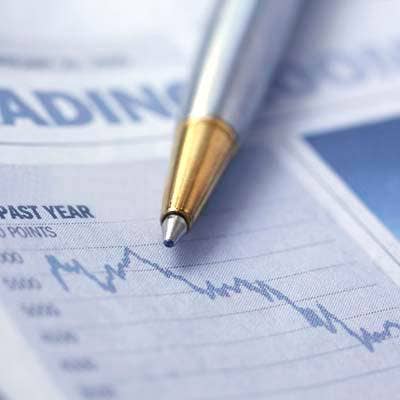
Icahn Naysayers
Critics of Icahn's counter-offer argue his deal is too risky and that at least with Michael Dell's offer investors can rely on a cash payout of $13.65 each. Detractors of Icahn's deal are also leery the activist investor will be less interested in the long-term viability of Dell and more interested in gutting the company to raise the stock price and buoy shares of the company in the short-term.
Ichan has said nothing publicly about what his specific plans are for running Dell should he win control of the company.
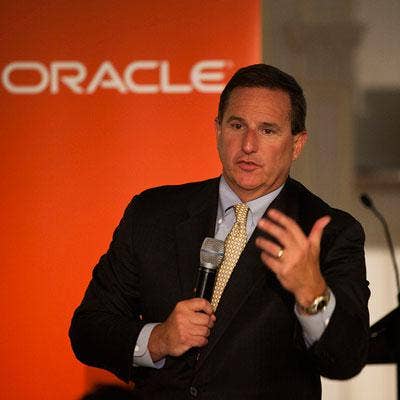
Michael Dell Cynics
Michael Dell's plan is facing the harshest criticism from Icahn who says his offer undervalues Dell's stock and cheats investors of reaping potential financial rewards should the company make a comeback. Icahn also points to Michael Dell's recent track record running Dell. He argues the company's woes can be tied to Michael Dell's performance as CEO and said it's time to oust him and bring in stronger more seasoned management.
Icahn and Southeastern reportedly have a short list of CEO replacements that include Oracle President Mark Hurd (pictured) and Hewlett-Packard's PC chief Todd Bradley. Icahn and Southeastern also say they will replace Dell's board with members that work for them.
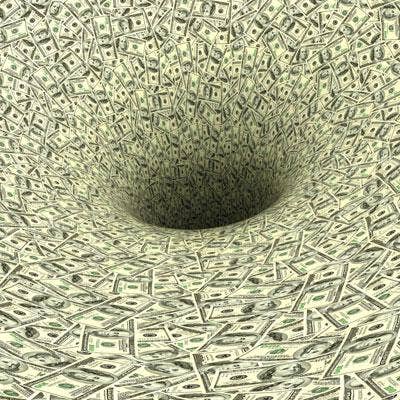
Debt Threat
Even if Michael Dell emerges victorious after Wednesday's vote, a privately held Dell will be saddled with a significant debt burden that could put a financial squeeze on the company similar to that of having to answer to Wall Street investors.
Michael Dell is ponying up $750 million of his own money. Longtime ally Microsoft is loaning Dell $2 billion along with several revolving debt-facilities including Barclays, Credit Suisse, Bank of America and Royal Bank of Canada. According to an analysis by the Associated Press the deal could saddle Dell with more than $15 billion in debt.

The Vote (So Far)
As of Thursday, about 77 percent of Dell votes had been cast with the exception of Michael Dell's shares, according to those familiar with matter. Michael Dell's shares are not being counted and the shares of non-voting shareholders will be counted as no-votes. Michael Dell owns 16 percent of Dell's shares.
More than 20 percent of Dell's shareholders -- including Blackstone, Southeastern Asset Management, T. Rowe Price, Pzenza Investment Management and Yachtman Asset Management -- have publicly said they are voting against Michael Dell's buyout, according to U.S. Security and Exchange Commission filings.
Michael Dell needs 42 percent of outstanding shares to support his deal. Dell counts Silver Lake Partners as a supporter of his deal and has won a meaningful endorsement from Institutional Shareholder Services, a group of influential investors.

What's The Channel Saying?
CRN has interviewed a number of Dell channel partners, and with near unanimity partners want Michael Dell to emerge as the victor from Wednesday's vote. Many believe Michael Dell has what it takes to turn Dell around and that Icahn's lack of tech-savviness and hunger to boost Dell's share price could hurt the company.
Bob Hochmuth, vice president of sales at SL Powers, a Boca Raton, Fla.-based VAR and Dell solution provider, said it best when he told CRN earlier this week, "Icahn may be a Wall Street wonk when it comes to wealth management, but I don't see him as a technology visionary." He added, "Icahn just has dollar signs in his eyes."